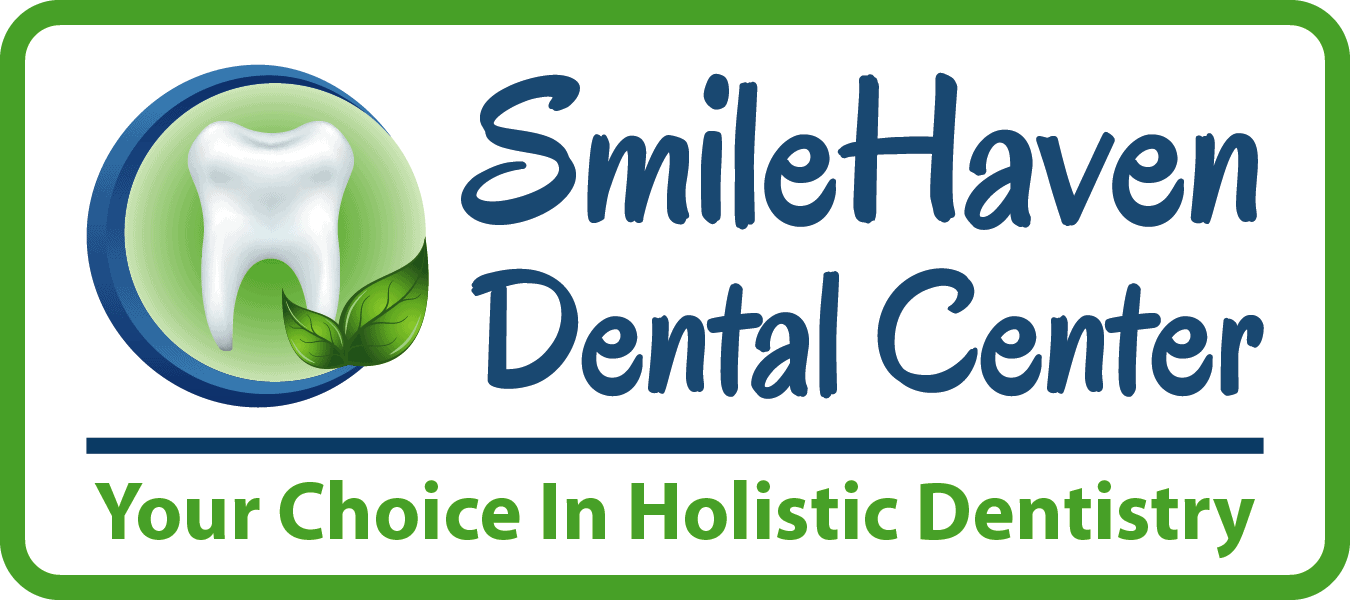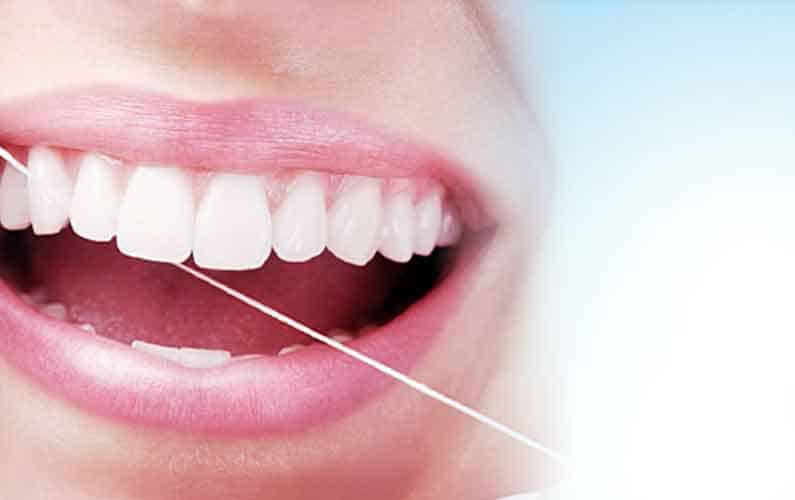Oral inflammation or swollen gums, caused by bacteria, initiate the destruction of gum tissue and compromise the periodontal attachment. This is one aspect of the relationship between oral inflammation and systemic conditions. It has been published that periodontal disease may increase the risk for cardiovascular disease, respiratory disease, osteoporosis, preterm delivery and low birth weight newborns. It is also known to accelerate the progression of diabetes. Because of these recent findings, the management of oral inflammation is critical not only for oral health but also for the maintenance of the general health of patients.
Adherence of bacteria to the oral surfaces aggregately produce plaque or dental biofilm responsible for building a complex and physically structured microbial communities consisting of several pathogenic (disease causing) species in large numbers. Dental biofilm is the slime around your teeth made up of polysaccharides that serves as a protection for bacteria from the effects of antibiotic, antiseptic or even host defense mechanisms – that would otherwise routinely control such infections and prevent disease. Without the host defense mechanism, inflammation occurs and contributes to gum disease and even promote the enzymes that destroy the bone.
The best strategy in eliminating dental biofilm from the mouth are as follows: Physical removal of dental biofilm (slime) on tooth surfaces by way of flossing, interdental brushes, remaining bacteria using mouthwash, routine oral hygiene habits, and patient education.
There are several risk factors that contribute to oral inflammation. In other words, people with the following factors are more likely susceptible to developing oral inflammation. These factors are: aging, frequent use of medication, diabetes, your gender, genetics, HIV infection, nutrition, pregnancy, smoking, specific bacteria found in mouth of person, stress, substance abuse and systemic conditions such as immunosuppression.
Alteration of the microbial environment surrounding the microbial flora (number of bacteria) can affect numbers, proportions and frequent occurrences of bacterial species present in the mouth. Dental restorations that are not smooth will prevent one from cleaning the biofilm effectively.
Despite frequent brushing and cleaning, the rapid growing rates of bacteria requires consistent efforts to decrease these disease causing bacteria to low levels. The use of topical mouthwashes containing antibacterial agents, such as chlorhexidine (e.g. peridex, periogard) or essential oils (e.g. Listerine) or prescription fluoride rinses or of an antibacterial toothpaste, will help to prevent or delay bacterial accumulation and dental biofilm formation.
Managing chronic oral inflammation would involve regular maintenance care by either a dentist or hygienist on a long term treatment plan for thorough elimination or removal of dental biofilm and calculus, and to do evaluation of the gum health status. Frequent visits – every 3 to 6 months – all depends on the condition of the patient’s risk factors and the extent of their gum problem.
How gum problems is determined is by way of traditional clinical means such as observation of signs in the mouth, probing (measuring) pocket depth, gums are loose (loss of attachment), bleeding, x-ray pictures, patients complain of pain and discomfort, sores, thickness of plaque and calculus. An accurate determination of the severity of the gum disease is essential for selecting the appropriate treatment and maintenance strategy for each patient.
It is important to keep up with self-care habits at home. Patient education and support are key for a successful personal management of gum disease. Daily brushing, flossing and use of antibacterial mouthwash and toothpaste is the only way to do it. As long as people expect to eat, cleaning should follow naturally. Non-compliance to treatment is a frequent cause of failure to prevent oral inflammation and gum disease. People need to understand the consequence of a lack of attention to the daily treatment regimen. Even to as far as kicking the smoking habit, which is a key risk factor for oral disease, should be encouraged and advocated.
A good plaque control program, together with regular gum maintenance by a dental professional and the reduction of risk factors (such as smoking) , can effectively manage oral inflammation in most of the patients.
For more information, please contact our office at 619-464-2801 for a free consultation appointment located at 4700 Spring St., Suite 210, La Mesa, Ca. 91941.

